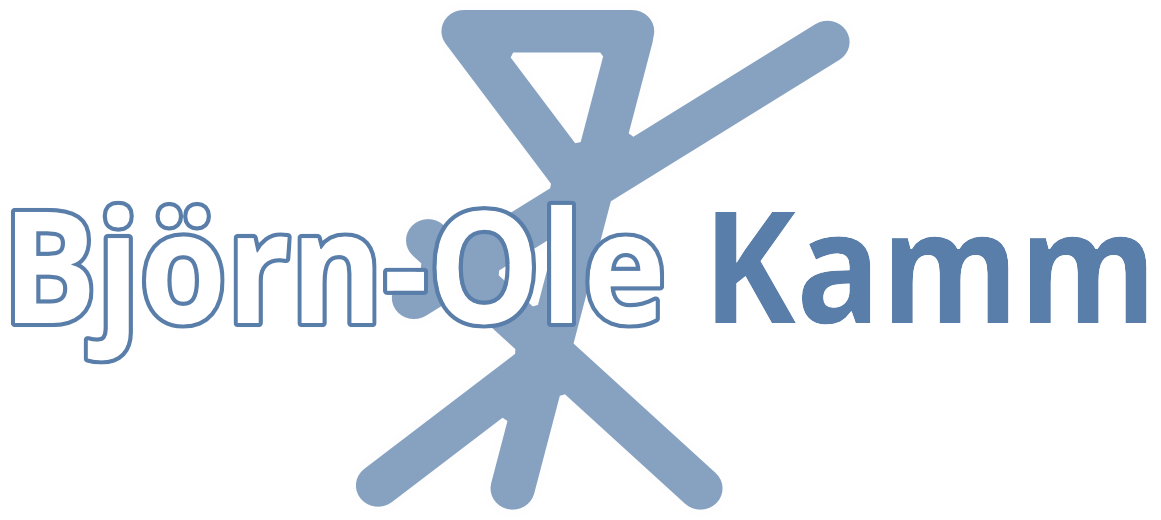Teaching
Kyoto University
Please find an overview of my current courses at Kyoto University below.
The classes belong to the “Joint Degree Program in Transcultural Studies,” and some of them are also offered as part of the “Courses on Asian and Transcultural Studies” package (CATS), offered as part of Kyoto University’s FY2014 MEXT Top Global University Project (Japan Ministry of Education, Culture, Sports, Science and Technology; MEXT) “Kyoto University Japan Gateway Project.”
For further information, see the “Asian Platform for Global Sustainability and Transcultural Studies” (AGST).
Course material complementing the on-site course sessions can be accessed via PandA eLearning.
Transcultural Studies (Spring)
Foundations
Introduction to Transcultural Studies
The concept of transculturality can be used both as a heuristic device (e.g. multi- perspectivity and multi-locality) and focus of study (e.g. cultural entanglements). It is embedded in a large and very heterogeneous landscape of theoretical and methodological approaches that come from various disciplines and cover different thematic, historical and geographic areas. Jointly conducted by four researchers from different disciplinary backgrounds, this course includes a lecture series combined with a discussion class (tutorium) and focuses on the contributions and limitations of inherited and current notions of transculturality. Focusing on three study areas, “Society, Economy and Governance,” “Knowledge, Belief and Religion” and “Visual, Media and Material Culture,” and the respective fields of research of the lecturers, theories and methods will be tested, e.g. in explorations of Japanese cinema, global “art” cinema and transcultural filmmaking practices, circular movements in the development of “Modern Postural Yoga,” and the relationship between patterns of migration and modes of institutionalization. The goal of the course is to introduce students to diverse disciplinary perspectives enabling them to frame their own studies of transcultural phenomena and perspectives.
Visual, Media and Material Culture (VMC)
Japanese Contemporary Popular Culture: Media Practices in a Global Context
Japanese popular media practices play not only in Japan a major role in the everyday lives of many people. The course investigates various elements of this popular and consumer culture, such as manga, anime, or games, from a transcultural perspective. The focus of this practice-oriented and interactive seminar lies on theoretical concepts and analytical techniques useful to engage transculturality in the cross-disciplinary research fields of visual, material and media culture.
Borrowing from Wittgenstein, Foucault, and many others, the course revisits key readings for a transcultural approach dealing with visual practices, such as cosplay and media content, for example, cultural representations of nationality or gender. Questions of production, reception and appropriation by users in and outside Japan form the second point of departure. The theoretical input forms the basis for practical exercises in applying these methodologies to concrete cases.
Transcultural Studies (Fall)
Society, Economy and Governance (SEG)
Decisions, Orderings, and the Nation: Japan at Play

This course deals with leisure and play as matters of concern for politicians and many other actors in and outside Japan. Taking cues from relational materialism and a transcultural approach to studying culture as ordering difference, this course seeks to engage actors who have an ideal narrative about Japan and Japanese culture (e.g., expressed in leisure policies), how they ought to be, and analyzes the decision-making as well as the mechanisms, embodiments, and performances employed to reach that ideal. Such ideals and strategies are always in conflict with other ideals, thus always limited. Of interest are such orderings that actors are able to sustain, and, of course, where they fail.
The picture of agents making a move and others a counter move, so that the outcome is not random chaos but that still no one has complete control, the metaphor of society or culture as some kind of game, framing social interactions as a game, asks to be taken seriously. Thus, this class includes a group project of designing a gaming simulation about leisure policies and nation-branding, such as a card game about tourism and taxes or temples and commodification.
Visual, Media and Material Culture (VMC)
Actors, Processes, and Networks: Studying (Sub-) Cultural Practices

Research into (sub-) cultures, for example fan studies, often focuses either on content or on the communities of fandom, at times essentialising involved persons or drawing borders around things that are highly interconnected and dynamic. Cultural practices, however, are performative, meaning that they exist through “doing,” through recreating, tracing the network of involved human and also non-human elements.
With a focus on doing, transforming, and ordering, this course borrows from Wittgenstein, Foucault, Butler, Schatzki and Reckwitz but favours the heuristic device of the network: Practices are drawn as networks that have gained a certain durability that makes them recognisable for others with the consequence that they can be spoken about and be treated as a resource when doing the practice. A practice-as-network consists of interdependent material and non-material elements that encompass bodies, body parts, bodily movements, materials or things, practical knowledge or know-how/competences, and concepts/theoretical knowledge of the practice. Practices-as-networks are recursive: With each performance, the network is slightly reconfigured.


